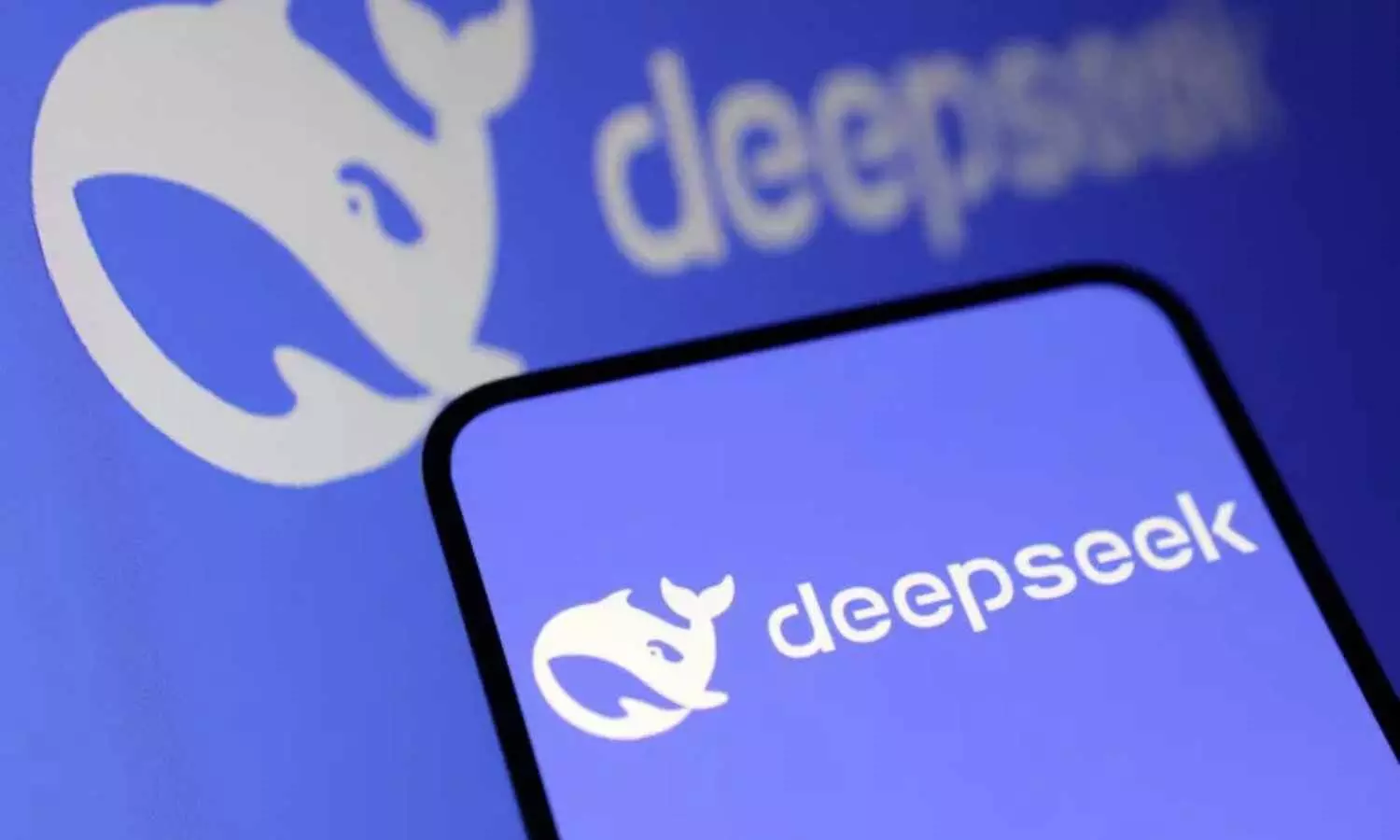DeepSeek Unveils Upgraded AI Model, Challenging OpenAI
DeepSeek releases its latest AI model, DeepSeek-V3-0324, with advanced reasoning and coding capabilities, intensifying competition with OpenAI and U.S. tech firms.
image for illustrative purpose

Chinese artificial intelligence firm DeepSeek has introduced an upgraded version of its large language model, DeepSeek-V3-0324, marking a significant step in its challenge to OpenAI and other U.S.-based AI developers. The latest iteration, launched Tuesday on the AI platform Hugging Face, features enhanced reasoning and coding capabilities over its predecessor, the company said.
DeepSeek released its V3 model in December 2024, claiming it was three times faster than its V2 version and ranking within the top 10 models on the University of California, Berkeley’s Chatbot Arena leaderboard. The latest update includes improvements in benchmark evaluations, better front-end web development features, refined Chinese language processing, and interactive rewriting capabilities, according to DeepSeek.
The company highlighted its advancements in Chinese search functions, including enhanced report analysis, reinforcing its commitment to developing AI tools tailored for the domestic market.
Investors have been closely watching the impact of DeepSeek’s AI advancements on U.S. technology stocks. Following the announcement, Nvidia shares dipped 1.2 per cent early Tuesday, while Broadcom and Tesla saw marginal declines of 0.6 per cent and 0.3 per cent, respectively. Meanwhile, Apple, Meta, and Microsoft posted slight gains in morning trading.
Founded by Liang Wenfeng in 2023, DeepSeek emerged as a key player in China’s AI sector. Liang began acquiring Nvidia graphics processors in 2021 to support AI research before U.S. export restrictions limited China’s access to such hardware. DeepSeek has emphasized the efficiency of its models, claiming lower costs compared to OpenAI and Meta. The company estimated training one of its latest models cost approximately $5.6 million, significantly less than industry figures that place similar projects between $100 million and $1 billion.
DeepSeek faces increasing scrutiny in the U.S. Lawmakers introduced a bipartisan bill in February to prohibit the model’s use on federal devices, citing potential national security concerns. Some U.S. agencies, including the Navy, Defense Department, Commerce Department, and NASA, have already restricted access to DeepSeek’s products. A House official warned congressional offices about possible cybersecurity threats linked to DeepSeek’s AI.
Former President Donald Trump’s administration is also considering a broader ban, a source told Reuters, as discussions continue on how to manage Chinese AI firms operating in the U.S.
In January, DeepSeek launched R1, an advanced AI model that positioned China as a strong competitor against OpenAI and Meta. R1 reportedly matched OpenAI’s o1 model in several evaluations and outperformed it in mathematical reasoning tests. The open-source R1 model quickly gained traction, becoming the most downloaded AI application on iPhones, surpassing ChatGPT.
The release of R1 led to volatility in U.S. tech stocks, with Nvidia experiencing a record $589 billion market value drop on January 27. OpenAI CEO Sam Altman acknowledged DeepSeek’s progress, stating that R1’s performance was notable, especially considering its cost-effectiveness.
As AI development accelerates globally, DeepSeek’s rapid advancements indicate China’s growing influence in the field. The ongoing competition with OpenAI and regulatory hurdles in the U.S. could shape the trajectory of AI policy and market dynamics in the coming years.

